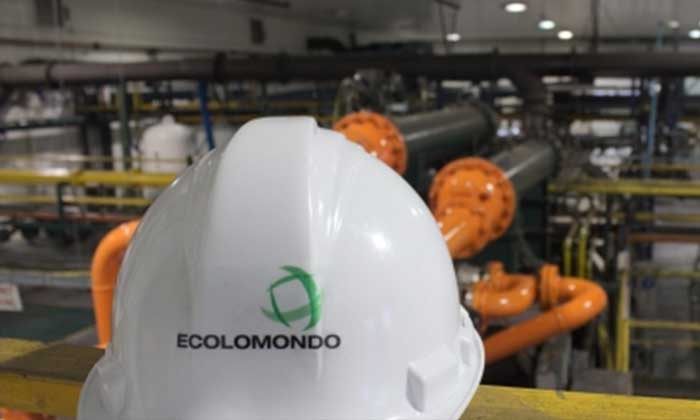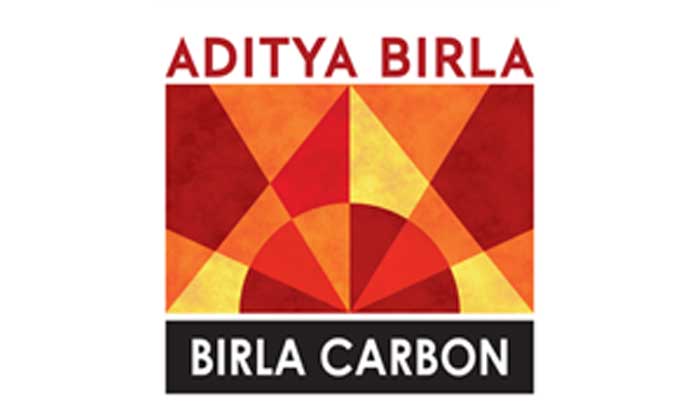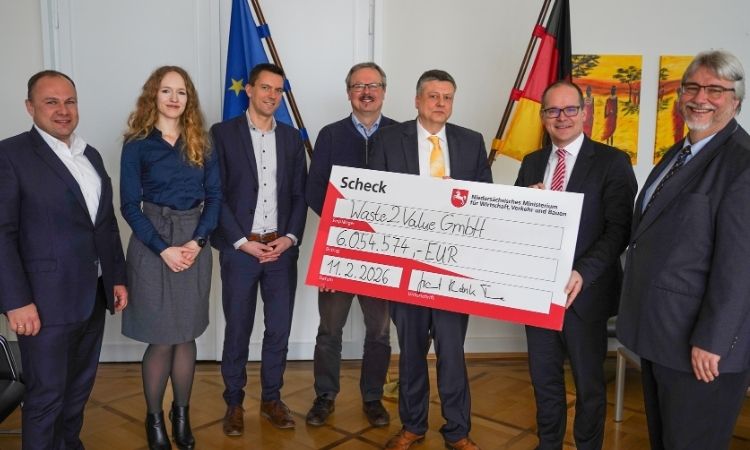Tyre and Rubber Recycling and Retreading Business presented at The Tire Cologne
The Tire Cologne, which ended on Thursday, 26 May 2022, returned after a Covid imposed absence with a series of panels on tire recycling.
Representatives of the renowned in tire recycling industry British magazines Tyre and Rubber Recycling and Retreading Business successfully presented at the Tire Recycling Forum of The Tire Cologne.
David Wilson from Retreading Business discussed the role of retreading in sustainability and its role in helping extend the life of tires, keeping them out of the waste stream for as long as is possible.
The second speaker was Dario Andreani from Chile, who brought with him his presentation on his T-phite graphite developed from recovered Carbon Black from waste tires. Andreani is now working on a prototype for the first pilot-scale facility to produce Lithium-Ion batteries using T-phite. If successful, full-scale production will follow, resulting in more efficient batteries in the future.
TIRE Recycling Forum (Part 1) | Video by The Tire Cologne
Despite the best efforts of the tire industry to use 50% recycled/ renewable material in their tires by 2050, as Ewan Scott, editor of Tyre and Rubber Recycling, pointed out in his presentation, 50% of the tires produced will always need to be recycled. The battery market could be a massive new market that is easier to build than, say, rubberized asphalt.
Ewan Scott led the second panel, which took a different approach to sustainability, questioning the public's and industry's interpretations of sustainability. While the general population believed that sustainability meant recycling, reuse, and reducing resource consumption, the tire and rubber business held a different viewpoint. Finally, he urged tire recyclers to explore for markets outside of the tire industry, because 50% of all tires produced will always need to be recycled.
The following two speakers were Pascal Klein from Pyrum Innovations AG, and Jon Visiasouk from Tyromer Inc.
TIRE Recycling Forum (Part 2) | Video by The Tire Cologne
Klein gave a comprehensive presentation on how the Pyrum plant functioned and how it can be commercially viable. Klien also discussed the next steps for the growth of Pyrum, taking them close to 50,000 tons per annum, including the possibility of hydrogen production.
Visiasouk presented on the background of Tyromer and the advantages of using devulcanised materials. The presentation addressed the process and why devulcanised rubber was such a positive solution.
He also discussed how and why there was a need for Tyromer’s process and how it fitted into the tire sustainability drive.
Article by Tyre and Rubber Recycling.
Weibold is an international consulting company specializing exclusively in end-of-life tire recycling and pyrolysis. Since 1999, we have helped companies grow and build profitable businesses.









